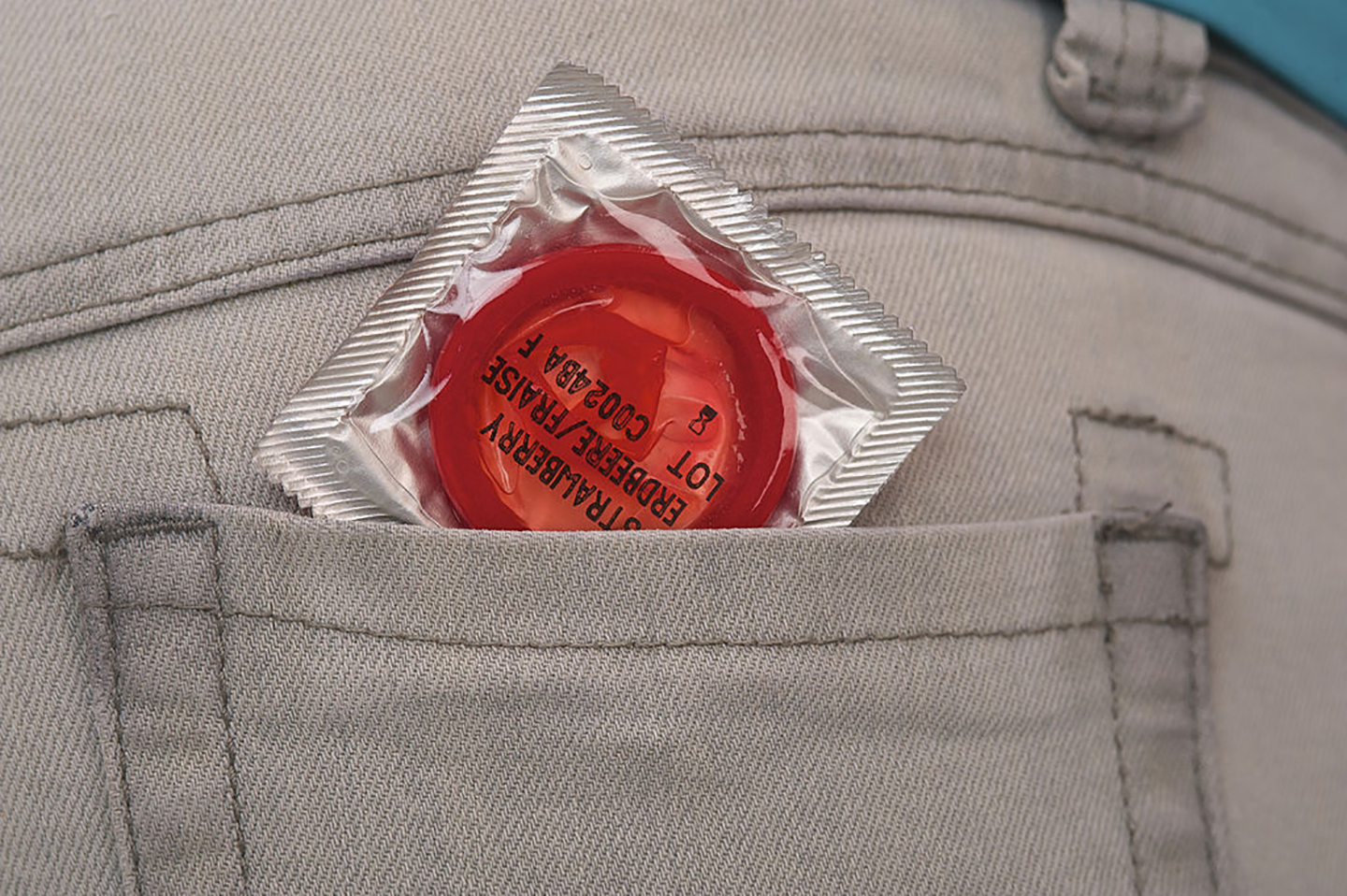Sex Workers Will Finally Be Able to Carry Condoms Without Fear of Arrest in California

Credit to Author: Marie Solis| Date: Mon, 29 Jul 2019 19:33:15 +0000
Advocates for sex workers’ rights celebrated a major victory Friday afternoon when California Governor Gavin Newsom announced his intent to sign legislation that would increase protections for people working in the commercial sex trade. Specifically, Senate Bill 233—first introduced in February by Democratic State Senator Scott Weiner—protects sex workers from arrest on prostitution- and drug-related charges if they come forward as victims of abuse or exploitation. It also bans the use of condoms as evidence of sex work, a police practice sex workers have long said compromises their health and safety.
“No one is safer when sex workers are afraid to report crimes and acts of violence. Silence only helps the perpetrators of those crimes,” Newsom said in a press statement on Friday. “This legislation will help ensure serious and violent crimes are reported to law enforcement, and I thank the Legislature for sending it to my desk.”
The law puts California at the forefront of the growing movement to decriminalize sex work, which gained momentum after the April 2018 passage of FOSTA/SESTA, federal anti-trafficking legislation that sex workers said made their jobs more dangerous and forced them further into the shadows. Since then, sex workers advocacy organizations have ramped up efforts to pass state-level legislation to lift individual statutes criminalizing sex work. The goal is full decriminalization, which would mean not only rolling back the laws that make sex work a crime in any given state, but treating sex work like a job in any other industry.
California activists say the state’s legislation will bring them one step closer to that reality.
“With each law we get passed, it only validates more and more that sex work is work,” said Kristen Diangelo, the executive director of the Sex Workers Outreach Project (SWOP) Sacramento. “If we’re going to protect the most marginalized workers, we have to give them the same rights as everyone else.”
Though more lawmakers have been coming around to this view in the past year, the results have been uneven. Earlier this month, Hawaii became the first state to extend criminal record relief to sex workers with prostitution convictions—so long as they avoid additional convictions for three years—something only survivors of sex trafficking had been eligible for before.
But in June, New York state legislators failed to pass three major pieces of legislation for sex worker protections before the end of the legislative session: one that would have repealed a section of the state penal code that currently criminalizes “loitering for the purposes of engaging in prostitution”; a second that would have provided criminal record relief for people convicted of sex work-related offenses; and a full decriminalization package, which included these measures as part of its larger proposal to alter nearly a dozen state laws. Similar legislation has been reintroduced in D.C., where lawmakers are hoping to start a conversation that chips away at the stigma that still hangs heavy over sex work—and see a long road ahead.
Yet so do advocates doing work in California.
“I think we’re going to take a big, huge breath and about a week off,” said Alex Andrews, the cofounder of SWOP Behind Bars, a Florida-based chapter of SWOP which advocates for incarcerated sex workers. “But after that, we’re going to continue to seek more protections for sex workers.”
In California, that means fighting the state’s own “loitering for the purposes of engaging in a prostitution offense” law, and tackling what sex workers say is a longtime problem of coercement from law enforcement to provide sexual favors in exchange for avoiding arrest.
But advocates aren’t just focusing on progressive states. Andrews says that while in Florida, organizers are largely on the defensive right now—focusing on mitigating harm after state lawmakers passed legislation to create a public sex trafficking registry they believe will harm sex workers—they’re also looking for legislators who will sponsor decriminalization resembling that of New York and D.C.
“I think California is leading the way when it comes to helping to protect sex workers,” Andrews said, adding with a laugh: “I’m ready to move to California.”
Sign up for our newsletter to get the best of VICE delivered to your inbox daily.
This article originally appeared on VICE US.